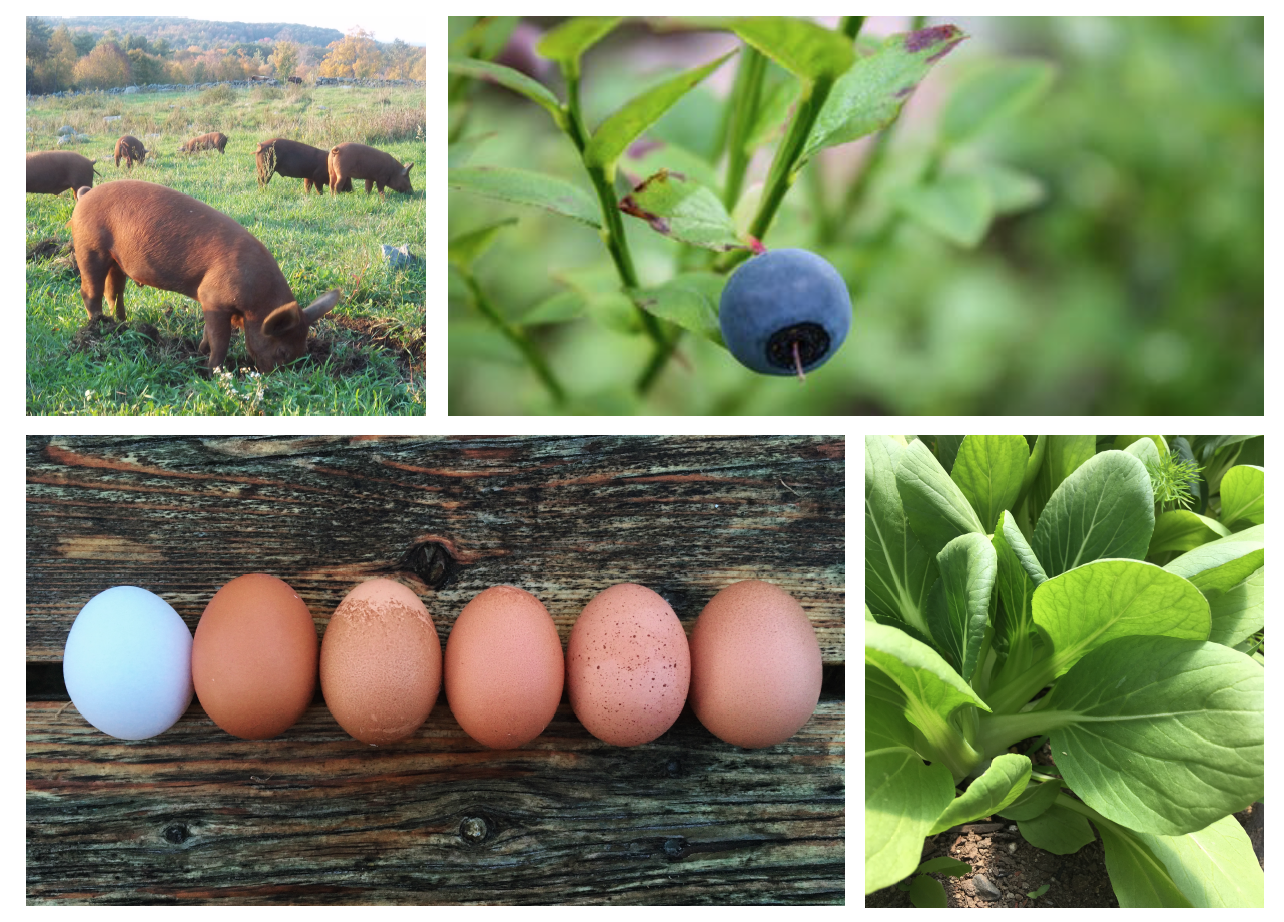Farm to Neighbor Maine
Farm to Neighbor Maine aims to make local food easier to get for people who need it most, support farmers from underserved and BIPOC communities, and build a stronger farming community. The program partners with a variety of groups that are working to make food access more fair and culturally meaningful across Maine.
In March 2025, the USDA ended the Local Food Purchasing Assistance Program (LFPA), which had allocated $1.25 million for Maine from June 2025 to June 2028. This funding helped food aggregators buy from 75 Maine producers and distribute directly to over 200 hunger relief organizations. While advocates are attempting to reverse this decision, it is unlikely to happen before the 2025 growing season. Added funding cuts, including those to the The Emergency Food Assistance Program (TEFAP) a federal program that provides food assistance to low-income households, have already led to a 30% decrease in food available to Maine’s hunger relief and emergency food system.
To respond to this urgent situation, seven LFPA recipients in Maine affected by this funding freeze - Cultivating Community, Daybreak Growers Alliance, Healthy Acadia, Jordan’s Farm (Farms for Food Equity), Mi’kmaq Farms, New Roots Cooperative Farm, and Somali Bantu Maine (Liberation Farms) - with support from Peak Season Maine and Full Plates Full Potential, created Farm to Neighbor Maine, a campaign and collaborative program designed to continue to advance our shared efforts to increase access to locally grown foods.
Farm to Neighbor Maine’s mission is to expand local food access to vulnerable people, support underserved and BIPOC farmers, and contribute to a resilient agricultural economy and community. The Farm to Neighbor Maine distribution partners represent diverse farming community stakeholders that are committed to working collaboratively to inform a Statewide lens on equitable and culturally important local food access in Maine.
Why Support Farm to Neighbor Maine?
Since 2021, Healthy Acadia has used LFPA funding to distribute thousands of pounds of frozen wild blueberries to more than 30 food pantries across Hancock and Washington counties. Most of these funds directly supported small-scale growers, harvesters, processors, and freezer facilities. Due to their perishability, wild blueberries had not been included in our local gleaning efforts—despite requests from growers with unharvested fields—until this program made it possible.
This work connected thousands of people facing food insecurity to this culturally significant, nutrient-dense food, while also supporting our local agricultural economy. With the loss of LFPA funding, the program has been eliminated for the 2025 season, impacting both blueberry growers and families in need across Hancock and Washington counties.
Funds raised through the Farm to Neighbor campaign will allow us to renew contracts with growers and restore access to this vital food for food pantry customers across Downeast Maine—and potentially beyond.



